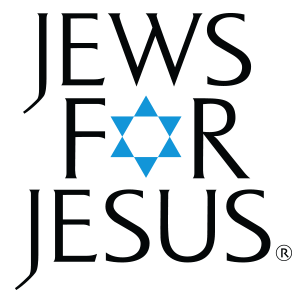Letter From Bob - 2 of 4
Rosh Hashanah actually translates to the idiom “New Year” or literally “Head of the Year.” What’s true about that is that 5,784 years ago, God created the world. And thus Rosh Hashanah celebrates or is the anniversary of the Creation of the world. As a result of that awareness, we represent much of this in our prayers and in our dress and in our activities. We wear new clothes and put food on new tablecloths. The calendar is cyclical, and thus we eat foods that are circular, like apples and like round challahs (the usual braided Sabbath bread). [Because we want a sweet new year, we usually dip the apple slices in honey to remind us of this request.]
In this season God is seen as the Judge and King, and thus we seek to gain his favour, usually by some serious prayers and also making right with others. The 10 days between those two major days are nicknamed the “Aseret Y’mei T’shuva” or the “10 days of awe (or repentance)” We are encouraged and taught to make right with God and with our neighbour. God as King also is reminded us by the round challahs as some say they represent a crown, like a king wears.
We are asked to listen to the sound of the shofar blasted 100 times on Rosh Hashanah. The shofar is the ram’s horn (or the large ones are usually from a kudu). The sound of the shofar is haunting at times, and alerts us to the time, like an alarm clock, awakening us a need to repent and to make atonement.
Sin, which is never really a big issue for Jewish people, comes to the fore. We try to do good all year, and then however it comes to us, at this season of the year most notably, we consider the problem of sin. Usually we consider sin only in terms of big evils, like war crimes or major global players getting caught in obvious crimes. But during the 10 Days, we are reminded again and again, in synagogues and in private conversations, that our sins are ever before us.
The reason I’m telling you this is that I call this season “Prime Time” for reaching Jewish people. You know that without admitting our sins we would never even begin to consider our need for a Saviour. We each had to look at the mirror of our lives, realize our sin, and then begin to look for salvation. That was only found in the Redeemer Yeshua. So we ought to rejoice that ‘sin’ as a topic becomes one in which we can communicate to our Jewish friends, co-workers and neighbours.
If we can help you, please ask. We have loads of books and DVDs on the Jewish festivals that you can use to learn. Consider getting some of those just now. For instance, use our catalogue online to get Sam Nadler’s wonderful explanations of EVERY Jewish holiday, including Rosh Hashanah and Yom Kippur, and specifically the 7 of Leviticus 23.
Also if you can help us by donating just now, that would be great as we are increasing our outreaches in mailings, phoning, LiveChat assisting, personal visitation and helping people who visit our bookshop in Bondi. Thanks for using any method you prefer to support us. Best is bank-to-bank direct deposit using our BSB 082.067 and our account number at the NAB: 46.072.8465. But use whatever you can to get it to us just now.
Thanks for being onside with us as we enter this holy season, and share the Holy One of Israel with our Jewish people here in Sydney and beyond!
Shalom!
Bob Mendelsohn for the team in Sydney

